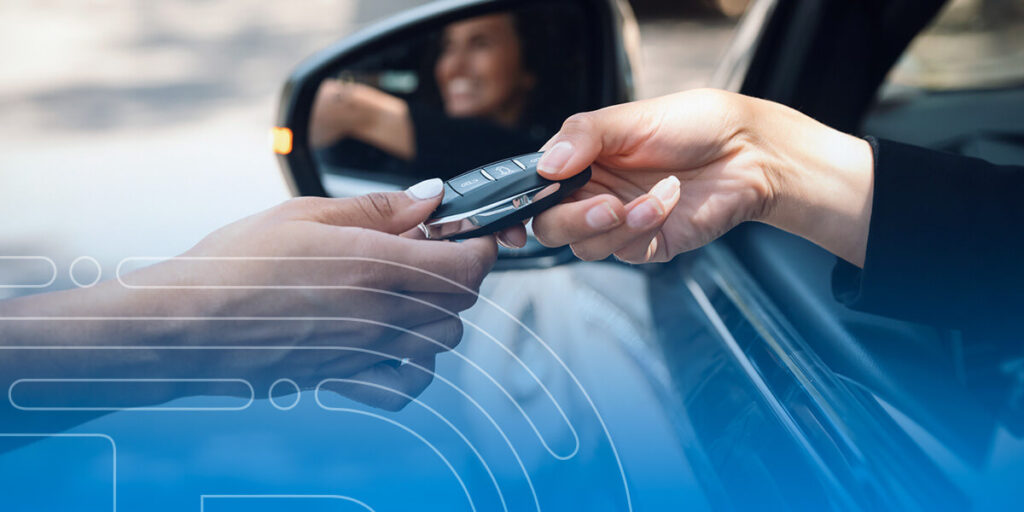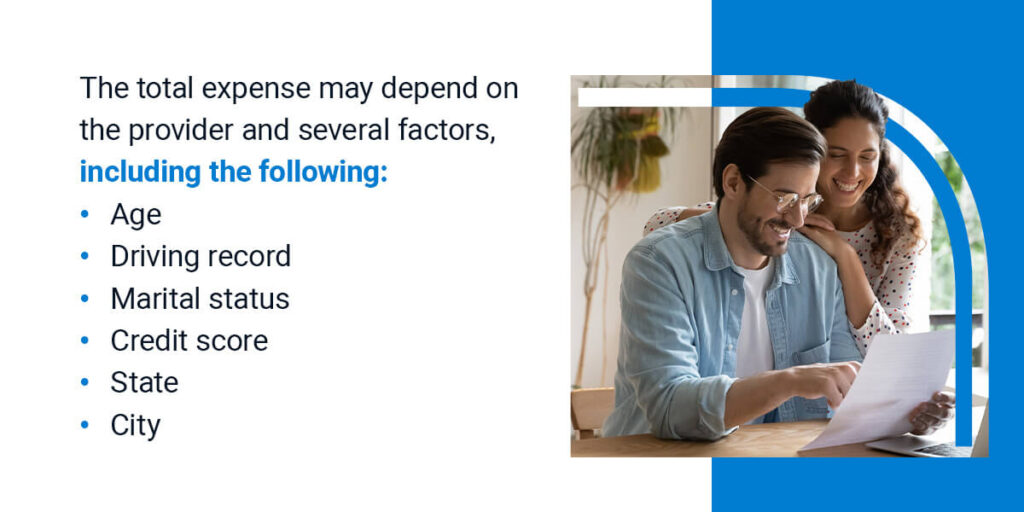
Some folks can get by just fine without a vehicle. Examples include people who live in big cities and have access to public transportation or prefer to use car services such as Uber or Lyft. However, just because you don’t own a vehicle doesn’t necessarily mean you should go without car insurance. There are circumstances where it makes sense to consider purchasing non-owned car insurance to protect your financial interests. Non-owner policies cover you when you occasionally use someone else’s vehicle.
Non-owner car insurance policies provide liability coverage for people who do not own vehicles. Liability insurance pays for injuries or property damage you cause while driving a car, truck, motorcycle or recreational vehicle. Without this coverage, you might have to pay the other party out of your pocket, an expense that most people cannot afford. In some states, non-owner policies may also include uninsured and underinsured coverages, compensating you when another driver is at fault but doesn’t carry any or has a low amount of liability insurance.
Non-owner auto insurance policies do not offer physical damage coverages, known as collision and comprehensive. Collision pays for the cost of repairing the policyholder’s vehicle or replacing it in situations where the auto is “totaled.” Comprehensive insurance covers non-accident-related issues such as theft, chipped windshields, damage caused by fire, vandalism, and falling objects. The owner of the vehicle is responsible for carrying physical damage protection.
A non-owner policy is ideal if you find yourself in any of the following situations:
If you own a car, you should be eligible for a traditional auto insurance policy and won’t need to purchase non-owned car insurance protection. If you don’t own a car but someone else in your household does, their insurance company will likely require your listing as a driver on the vehicle owner’s policy — which also means you won’t have to purchase coverage.
Here are four vital things to consider when purchasing a non-owner insurance policy:

Cost is paramount when purchasing a non-owners policy. The total expense may depend on the provider and several factors, including the following:
Deductibles are the amounts you pay out-of-pocket before your policy kicks in. The values vary depending on the insurer, coverage type and the premiums. Non-owner policies do not typically have deductibles. However, for coverages with deductibles, premiums are generally higher when deductibles are lower. Coverage limits are the maximum amount the policy covers and are determined by various factors, including the policyholder’s needs and the amount of premiums paid.
These two factors often correlate to how much you spend and the level of coverage you get, so it’s best to think carefully before making a decision.
Non-owner policies typically have exclusions and restrictions. For example, the coverage excludes collision and comprehensive insurance, although it provides liability insurance and property damage. Depending on the insurance provider, there may be additional exclusions and restrictions, so ask questions and read contracts thoroughly before signing.
Although this does not directly relate to the policy, the insurer you partner with can significantly impact your claims. An insurer has a duty to make vital disclosures to policyholders. They must also be transparent and fair in their dealings. However, you should still research the company. Besides reputation and customer service, knowing if they can pay your claims when you file them is also helpful.
The following tips can help you obtain non-owner auto insurance:
Here are answers to the frequently asked questions:
Non-owner auto insurance may not replace regular auto insurance if you own a car. The coverage is designed for those who do not own cars but occasionally drive vehicles belonging to others. It is secondary to the owner’s policy and may only kick in after it is exhausted. A non-owner policy is not a substitute for regular auto insurance but a protection for occasional drivers.
A non-owner policy is typically limited by jurisdiction. It does not cover rental cars overseas. If you want to rent a car abroad, you may need to purchase additional coverage from the rental car company or a third party.
Non-owner auto insurance does not usually affect personal injury protection (PIP) since PIP is a first-party coverage that pays for your medical and other related expenses regardless of the person at fault. Non-owner policies do not extend to PIP coverage, so you’ll still need your health insurance or car owner’s PIP coverage if you are injured while driving a rented or borrowed vehicle.
Non-owner auto insurance policies are generally less expensive than the same liability coverage under a traditional plan. Factors affecting your premium include your age, driving record, the liability limits you choose and how often you intend to drive.
If you’re in or near Washington, St. Clair or Union, Missouri, David Pope Insurance Services, LLC, can assist you with non-owner auto insurance policies. For more than 20 years, we’ve been helping Missourians obtain the auto insurance coverage they need at a price they can afford. You will also appreciate our service-oriented business approach — we’ll do whatever it takes to make you a satisfied policyholder. Request a quote now!